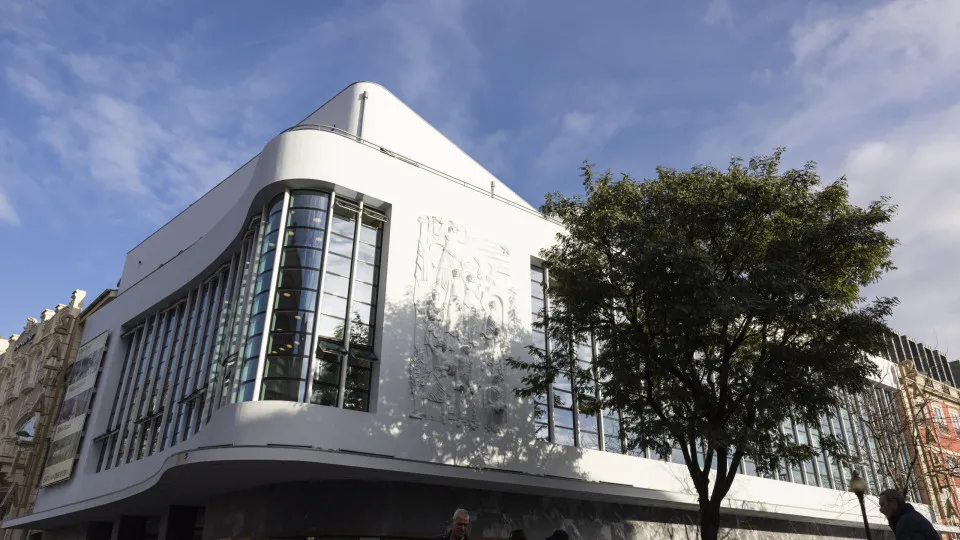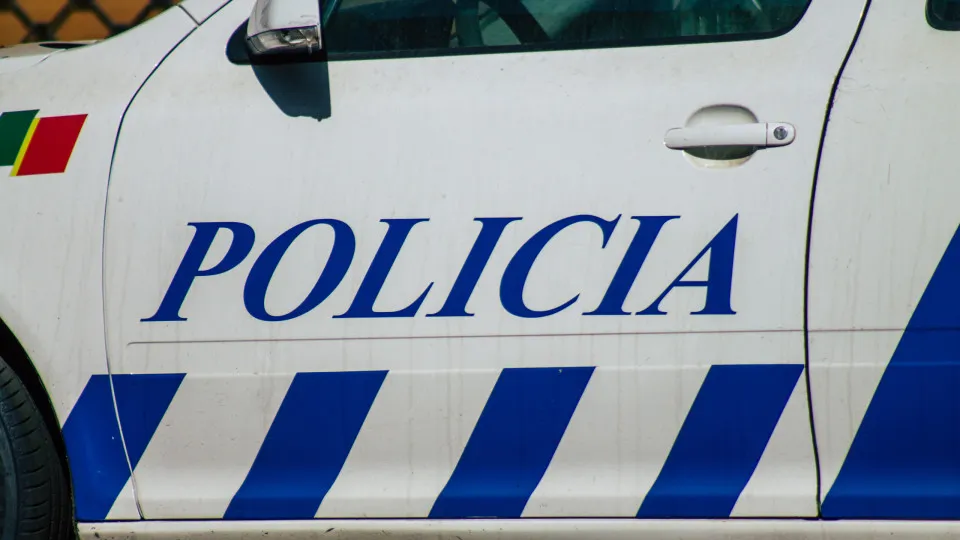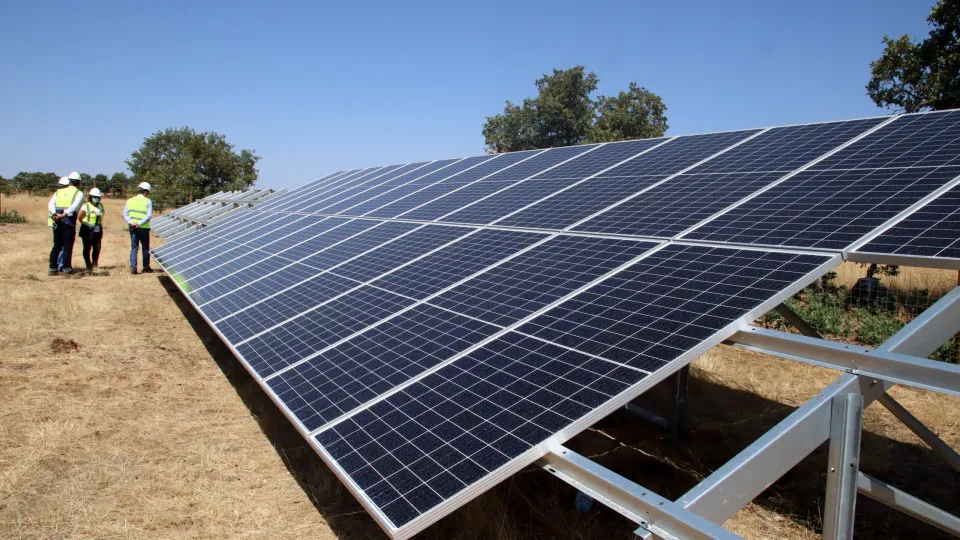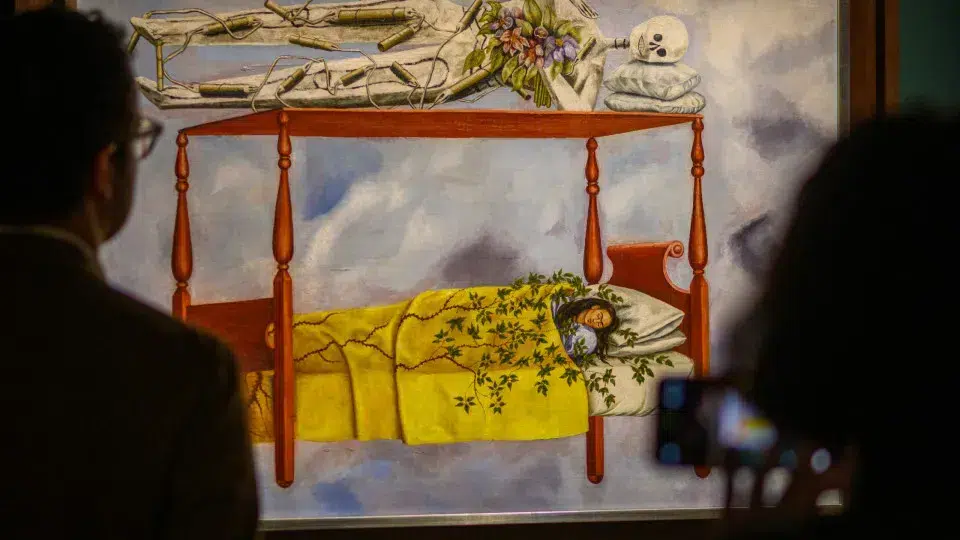
The film festival opens and closes with family-themed movies, starting tonight at 21:15 at Batalha with “Romaria” by Carla Simón, and concluding with Jim Jarmusch’s “Pai Mãe Irmã Irmão” on the 29th at the same venue and time.
Besides a thematic program titled after the edition’s theme, Porto/Post/Doc features eight films in the international competition, 22 in the medium and short films category, 11 in the Cinema Falado section dedicated to Portuguese-language productions, along with sections for new national talents and Transmission, which is linked to music.
Monica Stromdahl enters the competition with “Pardieiros Americanos,” addressing the housing crisis in the United States, while “Short Summer” by Nastia Korkia explores the war in Russia, and Igor Bezinovic reenacts the 1919 occupation of Fiume by poet Gabriele d’Annunzio and 300 others in “Fiume ou Morte!”.
In national productions, Tomás Baltazar’s “Cabo do Mundo” has its world premiere, as does “Infinito Infinito, Na Imaginação da Matéria” by Mariana Caló and Francisco Queimadela. Leonor Noivo’s “Bulakna” questions the migration flow of domestic workers from the Philippines, and “Ku Handza” by André Guiomar is set in Maputo.
The spotlight will be on two filmmakers: Lina Soualem, born in 1990 in Paris to an Algerian father and a Palestinian mother, features “A Argélia Deles” and “Bye Bye Tiberias” alongside the series “Oussekine,” offering a carte blanche and delivering a masterclass.
On the other hand, Andrei Ujica is described by the festival as a “central figure in European documentary” with a comprehensive presentation of his works that straddle essay and fiction.
“The festival has a theme encompassing the various sections: the time of a journey. Here, the time of a journey is also the time of a film. Each session will take us on a journey alongside refugees, exiles, those searching for themselves, prisoners on weekend leave, people fleeing persecution due to ethnicity… this is the time of a journey structured for this edition,” remarked director Dario Oliveira.
The festival mainly takes place at Batalha – Centro de Cinema and Passos Manuel, with sessions also happening at the Planetário do Porto, the Faculty of Fine Arts of the University of Porto, and Rivoli, among others.




